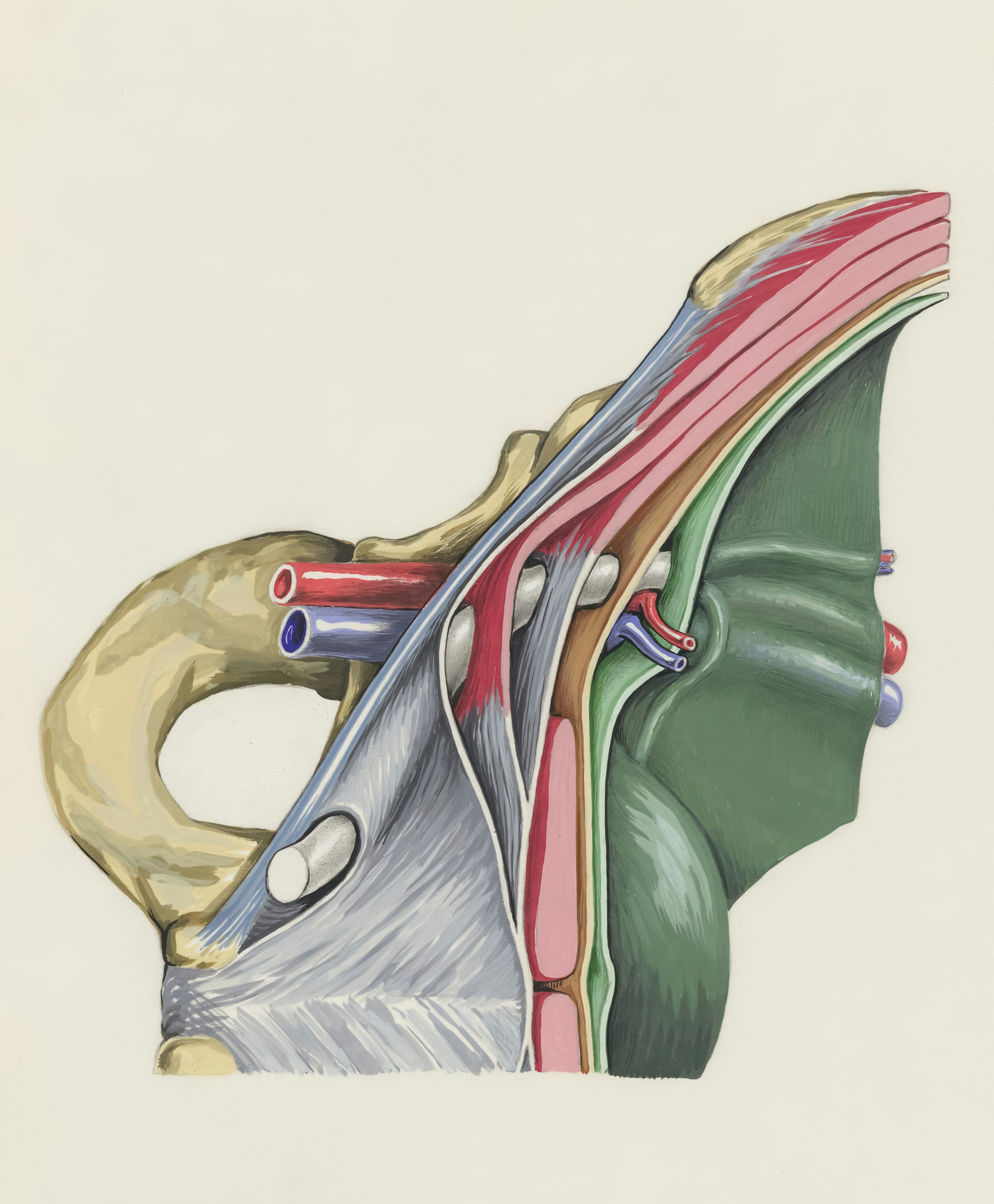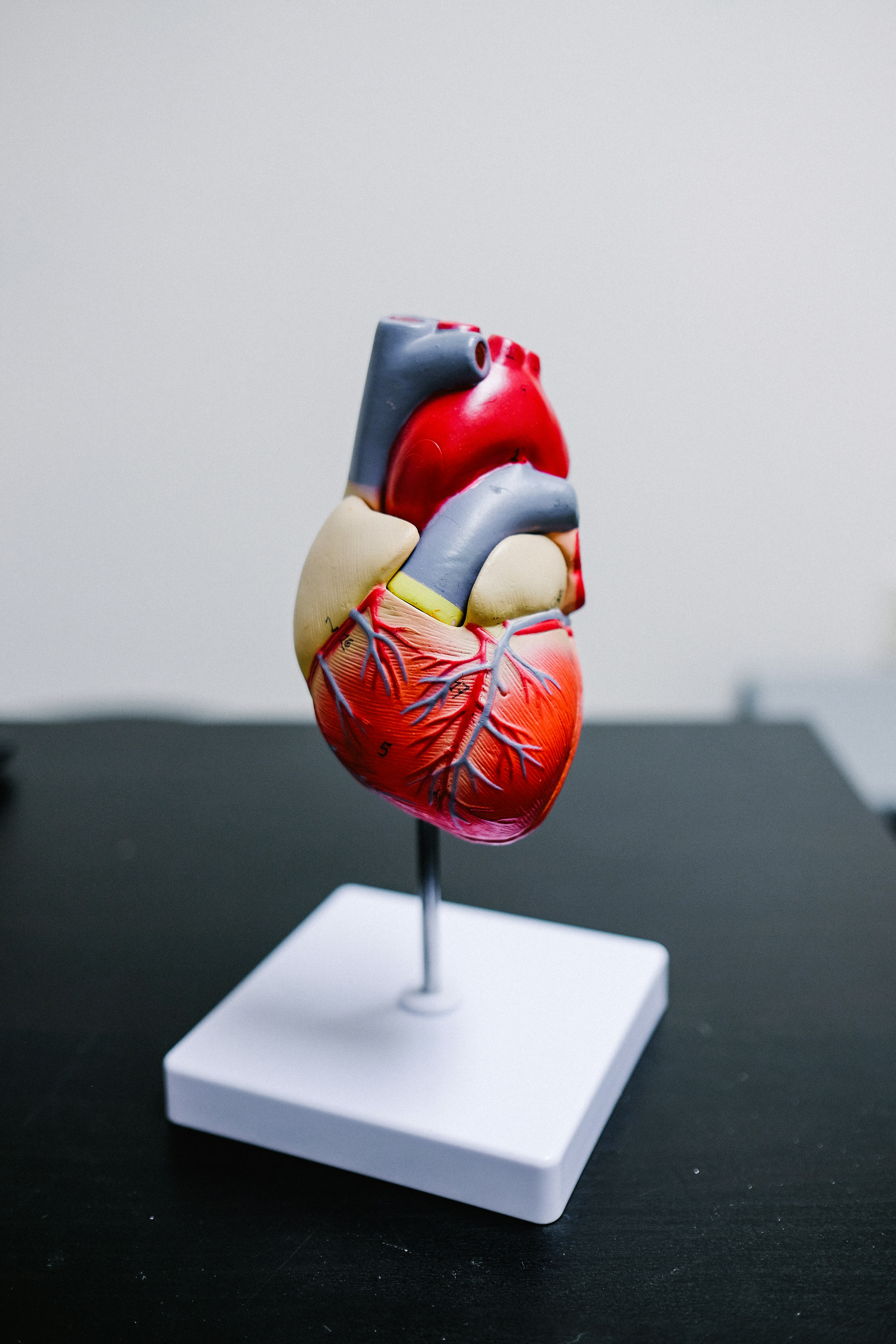Heart Diseases Defined: Unmasking the Silent Killer
What do you think when you hear the term “heart disease”? For many, it’s a distant concern, something that happens to others but not to them. However, what if I told you that heart disease is often referred to as the “silent killer”? It’s important to realize just how serious this medical condition is and how it affects millions of people globally, including possibly yourself or someone you know.
Heart Disease: What Is It?
Heart disease encompasses a range of conditions affecting the heart and blood vessels. It’s not a single entity but rather a collection of problems that can affect the way your heart functions. From coronary artery disease to heart rhythm disorders, each type brings its own set of challenges and risks.
Why It’s Called the Silent Killer
The term “silent killer” speaks to the often subtle nature of heart disease. Many individuals experience no symptoms until it’s too late, often leading to severe consequences such as heart attacks or strokes. It’s easy to think heart disease won’t affect you, but understanding its nature is your first step toward prevention.
The Most Common Types of Heart Disease
It’s worthwhile to familiarize yourself with the different types of heart disease so you can identify potential risks and symptoms. Let’s break down some of the most prevalent forms of heart disease you might encounter.
Coronary Artery Disease (CAD)
Coronary artery disease is the most common type of heart disease. It occurs when the arteries supplying blood to the heart become narrowed or blocked over time. This blockage often results from the buildup of cholesterol and plaque, restricting blood flow and potentially leading to a heart attack.
Heart Failure
Heart failure, also known as congestive heart failure, occurs when the heart cannot pump enough blood to meet the body’s needs. This doesn’t mean the heart has stopped working entirely; rather, it struggles to keep up with the demands placed on it. Symptoms like fatigue, shortness of breath, and fluid retention are common.
Arrhythmias
Arrhythmias are abnormalities in your heart’s rhythm. This could manifest as a heartbeat that’s too fast, too slow, or irregular. While some arrhythmias may feel harmless, others can significantly impact your health and require immediate medical attention.
Heart Valve Disease
This category involves problems with one or more of the heart’s valves, which control blood flow within the heart. If the valves don’t open or close properly, it can lead to reduced cardiac efficiency, impacting overall heart function.
Congenital Heart Disease
Some individuals are born with heart defects, known as congenital heart disease. These conditions range from simple issues that may not require treatment to complex problems necessitating surgery.
Peripheral Artery Disease
While not strictly a heart issue, peripheral artery disease (PAD) affects blood flow, particularly to the limbs, due to narrowed arteries. It can often lead to complications that impact heart health and overall well-being.
This image is property of images.unsplash.com.
Recognizing Risk Factors
Like any other health issue, heart diseases come with their own set of risk factors. Knowing these factors equips you with information to potentially change your lifestyle for the better.
Common Risk Factors
High Blood Pressure
High blood pressure increases the strain on your heart and blood vessels, leading to heart disease over time.High Cholesterol Levels
Elevated cholesterol levels can lead to plaque buildup in your arteries, causing blockages.Smoking
Tobacco is exceptionally harmful to heart health, increasing your risk of developing various cardiovascular issues.Diabetes
Diabetes contributes to heart disease by causing damage to blood vessels and nerves that control your heart.Sedentary Lifestyle
Lack of exercise is a major contributor to obesity, high blood pressure, and cholesterol, which are all risk factors for heart disease.Unhealthy Diet
Diets high in saturated fats, trans fats, and cholesterol can increase your risk.Obesity
Being overweight strains the heart and increases your likelihood of other conditions like diabetes and high blood pressure.
Additional Factors
Age
The risk of heart disease increases as you age, particularly after 45 for men and 55 for women.Family History
A family history of heart disease can signal a higher risk factor for you.Stress
Chronic stress may lead to damage to your arteries as well as unhealthy habits like overeating.Sleep Apnea
This condition can elevate your risk of high blood pressure, arrhythmias, and other cardiac problems.
How to Reduce Your Risk
Taking control of your heart health involves actionable steps toward making healthier choices. While some factors are beyond your control, many can be managed through lifestyle changes.
Lifestyle Changes to Adopt
Manage Blood Pressure
Regular check-ups and monitoring are crucial. If your blood pressure is high, it’s essential to follow your doctor’s advice on managing it through lifestyle changes or medication.Lower Cholesterol Levels
Regular cholesterol checks can help you monitor your levels. If they’re high, adjusting your diet can make a significant impact.Quit Smoking
Stopping smoking can greatly enhance your heart health, with benefits often seen shortly after quitting.Stay Active
Aim for at least 150 minutes of moderate exercise per week. Physical activity strengthens your heart, helps with weight management, and can improve mental health.Eat Heart-Healthy Foods
Incorporate more fruits, vegetables, whole grains, and lean proteins into your diet while reducing saturated fats and sugars.Avoid Stress
While it’s impossible to eliminate stress entirely, practicing relaxation techniques can make a difference. Consider mindfulness, yoga, or even simple deep-breathing exercises.Maintain a Healthy Weight
Keeping your weight in check reduces strain on your heart, improving overall health.
Regular Health Check-Ups
Monitoring your health regularly with a healthcare provider can help you catch any issues before they escalate. This includes routine tests for blood pressure, cholesterol, and diabetes.
This image is property of images.unsplash.com.
What To Do If You Experience Symptoms
If you notice any signs related to heart conditions, it’s crucial to seek help right away. Early intervention can make all the difference.
Common Symptoms to Watch
Chest Pain or Discomfort
This is often a warning sign. You may experience pressure, squeezing, or pain in your chest.Shortness of Breath
This can occur during activities or even while resting.Fatigue
Unusual tiredness can be a subtle sign of heart problems.Swelling
Swelling in your feet, ankles, or abdomen can indicate heart issues.Irregular Heartbeats
Pay attention if you feel like your heart is racing, fluttering, or skipping beats.
The Role of Technology in Monitoring Heart Health
With advancements in technology, monitoring your heart health is easier than ever. Many devices can help you keep track of various heart-related metrics.
Wearable Devices
Smartwatches and fitness trackers often come equipped with heart rate monitors. These can provide insights into your resting and active heart rate, offering a clearer picture of your heart’s condition.
Mobile Health Apps
Numerous apps help track your physical activity, diet, and even meditations for stress management. These tools can empower you to take an active role in managing your heart health.
This image is property of images.unsplash.com.
Heart Disease Treatment Options
If you or someone close to you has been diagnosed with heart disease, understanding treatment options is essential. Treatments vary based on the type and severity of the condition.
Lifestyle Changes
For many, adopting a healthier lifestyle can serve as the first line of defense against heart disease. This includes those changes mentioned earlier: diet, exercise, and quitting smoking.
Medications
Physicians may prescribe medications to manage specific conditions tied to heart disease, such as blood thinners, cholesterol-lowering drugs, and anti-hypertensives. Always discuss any potential side effects with your doctor.
Surgical Options
In more severe cases, surgical interventions may be necessary. This could range from minimally invasive procedures to open-heart surgery, addressing everything from blockages to valve replacements.
Heart Rehabilitation Programs
In the wake of a heart event, many find solace and support in cardiac rehabilitation programs. These programs often offer exercise plans, nutritional advice, and stress management techniques tailored specifically for your recovery journey.
Conclusion: Taking Charge of Your Heart Health
Understanding heart disease is pivotal in retaining good health and preventing diseases that can affect your quality of life. The first step is recognizing the risks, familiarizing yourself with the symptoms, and acknowledging the importance of lifestyle adjustments. Your heart, after all, is the engine of your body. Treat it with the care and respect it deserves.
Armed with knowledge, you can embark on a journey toward better heart health, decreasing your risk and enhancing your quality of life. It’s not just about longevity; it’s also about living well. Always remember, when it comes to your health, being proactive is key. So, take those steps today for a healthier tomorrow.








